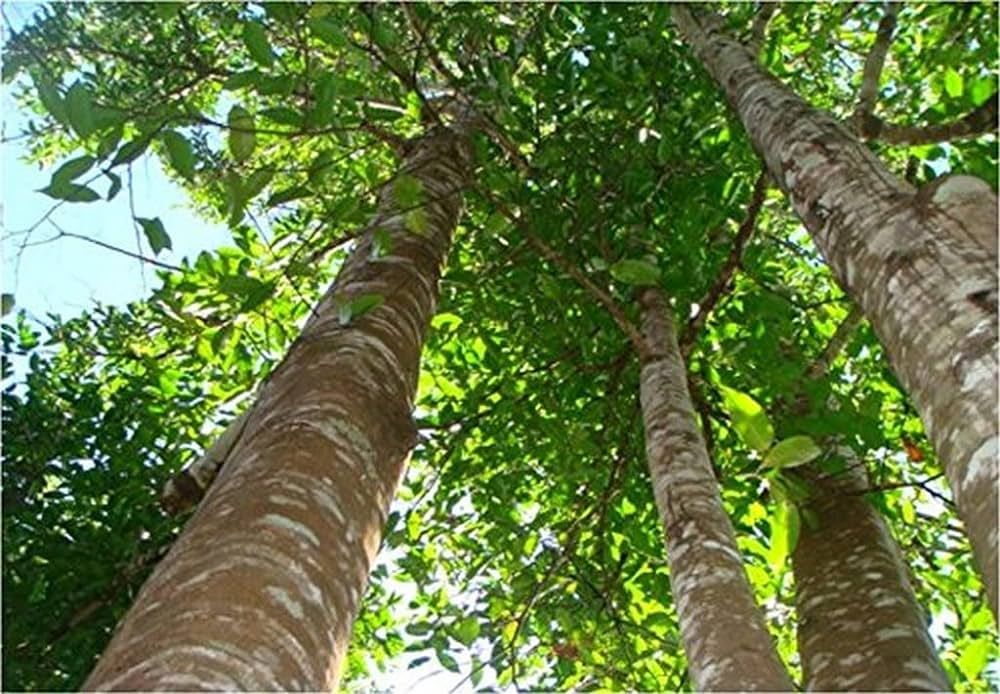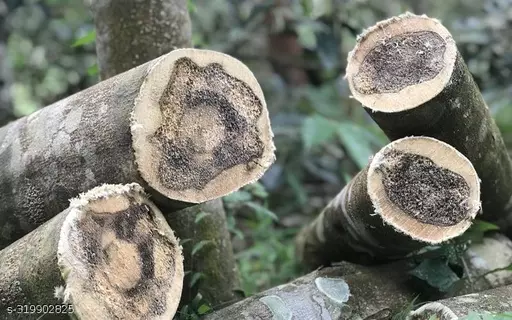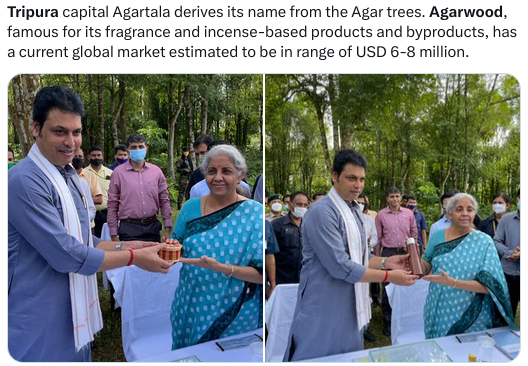Agarwood is the resinous part of the Agarwood tree, which is used for the purposes of medicine and fragrance. The origin of Agar trees is traced to the evergreen forests of Southeast Asia. They are abundantly found in the North Eastern states of India, and in countries like Myanmar, Cambodia, Malaysia, Indonesia, Thailand, South Korea, Philippines, Laos, Japan, and so on. They are naturally growing trees in places that resemble the Western Ghats of Andhra Pradesh in climatic conditions and altitude.



The indiscriminate harvesting of Agarwood from its natural habitat has seriously hampered the natural availability of Agarwood in the forest. On the other hand, the price of Agarwood is quite high because of the short supply of Agarwood. This appealing market price has attracted farmers to Agarwood more and more in order to meet the high market demand. The mass plantation of Agarwood trees was taken up in a sustainable way by plantation companies across Asian countries to obtain the highly valuable Agarwood.


The formation of Agarwood is generally associated with the mechanical wounding and/or natural fungal infection of Agarwood trees. Resin is secreted by the trees as a defense mechanism, and will be deposited around the wounds for many years after the injury, where the accumulation of chemicals will farm Agarwood. As only physiologically triggered Aquilaria tree can produce Agarwood, artificial techniques of producing Agarwood are currently going on in the Agarwood industry. The infected part of the tree, after its separation from the non-infected part of the tree, is processed into sweet-smelling oil and chips as incense for burning all over the world.Agar oil and wood are highly sought products around the world. Agar tress can offer lucrative global trade options to locals in the regions where these trees are found. Agar oil acts as a world-class perfumery fixative and is highly sought after and priced by European perfumers for making their best-grade scents. It acts as a stimulant, cardiotonic, carminative, aphrodisiac, alternative anodyne, antidiarrheal, antiasthamatic, astringent, laxative, stomachic and tonic.

Agarwood is one of the most expensive natural raw materials in the world. The price of Agarwood varies depending on the quality. While low grades of Agarwood may sell at the rate of Rs 150000 per kg, superior grades of chips are sold at over Rs 6,00,000 per kg. The price of oil varies from Rs 2500 to Rs 12,000 per Gram. About 80 countries around the globe use Agarwood products. The export of Agarwood from Singapore market itself crosses over a billion US dollars annually. It is estimated that the current global market for Agarwood is in the range of USD 6 to 8 billion, and is growing by the year.